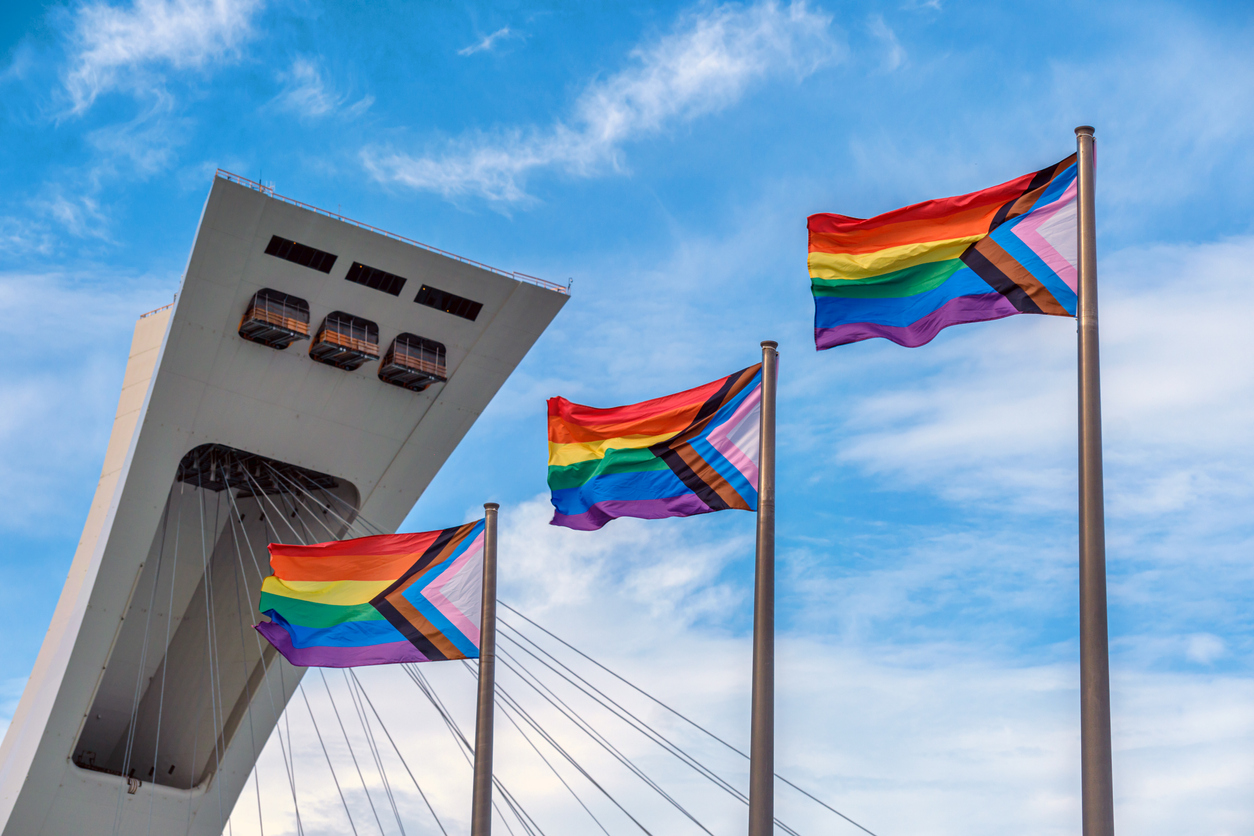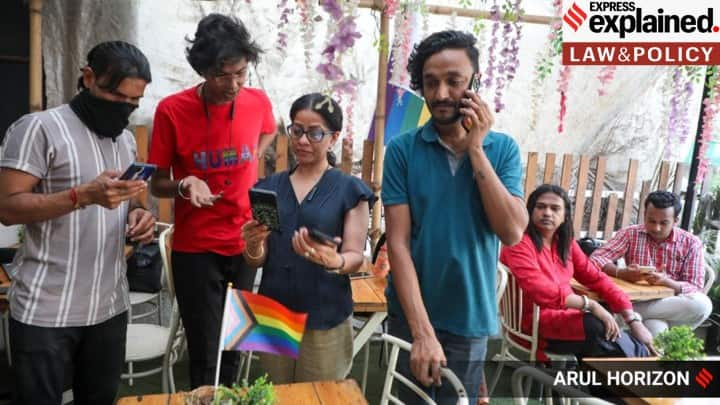The LGBT+ community in India has fought (and continues to fight) a long and hard battle for inclusion. Landmark decisions by the Indian higher judiciary in the last decade are a product of the community’s advocacy efforts. They have ushered in a new age for LGBT+ rights in India by recognising the right to the self-identification of gender and by decriminalising homosexuality.
However, India has a long way to go before its legal framework fully protects the human rights of the LGBT+ community and ensures substantive equality. Laws relating to employment, family, inheritance, marriage and violence continue to exclude LGBT+ lives in different ways, often by failing to account for their unique lived experiences.
Vidhi firmly supports reforms to this legal framework that are a product of wide consultations within the LGBT+ community. Its work aims to supplement the efforts of the community through legal research, strategic legal advice and legislative drafting assistance.
In keeping with this objective, Vidhi has created a manual to help queer persons navigate various aspects of their everyday lives, such as education and identity documents and personal finances. It has also created a set of reports that analyse India’s legal regime across selected areas, from the perspective of LGBT+ inclusion. These are intended as resources for the LGBT+ community to facilitate conversations on legal advocacy strategies.
Vidhi will continue to engage with the LGBT+ community to identify barriers to their inclusion and to co-create solutions for legal reform.
Queer-Feminist Reflections on the Marriage Equality Case in India: Navigating Challenges for Equality and Inclusion
Exploring the Stakes: Understanding the Marriage Equality Case before the Supreme Court of India

Explained: Advocate Karuna Nundy’s significant arguments on marriage equality
Advocate Karuna Nundy presents two constitutionally compliant principles to balance the interests of women and transgender people in the marriage equality debate and demonstrates how the government of India’s core argument against marriage equality is weak based on the government’s own past record

